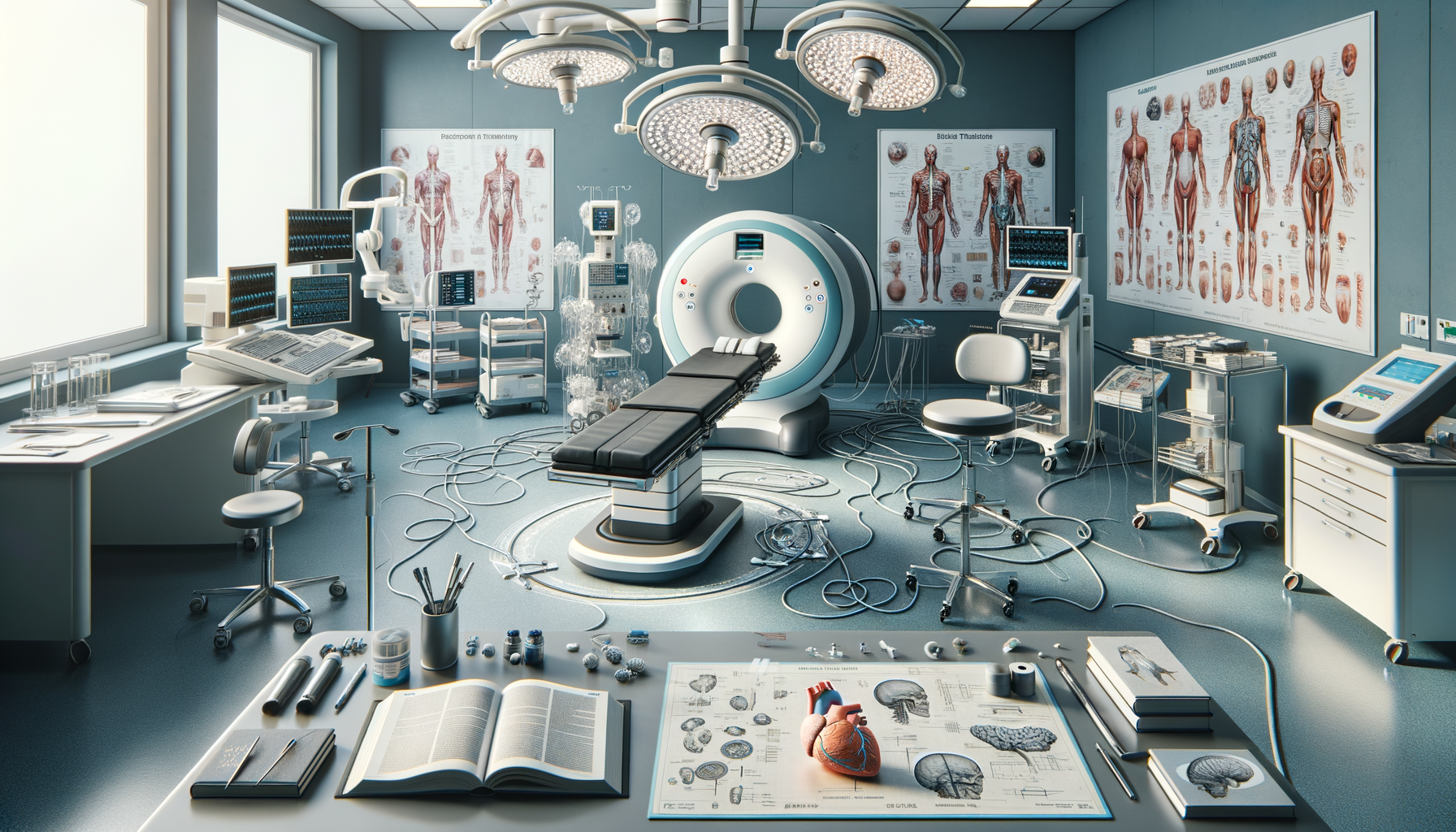
Exploring the Path to Medical Expertise: A Comprehensive Guide to Medical Training
The Foundation of Medical Training: An Overview
Medical training is an essential component in the journey of becoming a healthcare professional. It encompasses a series of educational and practical experiences designed to equip future doctors, nurses, and specialists with the necessary skills and knowledge. This training is not just about learning medical facts; it involves developing the ability to make informed decisions, communicate effectively with patients, and work collaboratively with other healthcare professionals.
The journey typically begins with a pre-medical education, where students focus on foundational sciences such as biology, chemistry, and physics. This is followed by medical school, which combines theoretical learning with practical applications. Students are introduced to various medical fields, including anatomy, pharmacology, and pathology, through lectures, labs, and clinical rotations.
Clinical rotations are a pivotal part of medical training, providing students with hands-on experience in different specialties. These rotations help them understand the intricacies of patient care and the dynamics of working in a healthcare setting. By observing and participating in real-world medical situations, students gain invaluable insights that textbooks alone cannot provide.
Overall, medical training is designed to be comprehensive, ensuring that graduates are well-prepared to enter the demanding world of healthcare. It is a journey that requires dedication, perseverance, and a genuine passion for helping others.
Challenges and Innovations in Medical Training
Medical training is not without its challenges. The extensive curriculum, long hours, and high-pressure environment can be overwhelming for many students. Balancing academic responsibilities with personal life often proves to be a significant challenge. Additionally, the evolving nature of medicine means that students must continuously update their knowledge and skills to keep pace with new developments.
However, innovations in medical education are addressing some of these challenges. The integration of technology, for instance, is transforming how medical training is delivered. Simulation-based learning, virtual reality, and online courses are becoming increasingly popular, providing students with flexible and interactive learning opportunities.
Simulation-based learning allows students to practice procedures and decision-making in a risk-free environment. Virtual reality offers immersive experiences, enabling students to explore complex anatomical structures or practice surgeries. Online courses offer flexibility, allowing students to learn at their own pace and access a wide range of resources.
These innovations are not only enhancing the quality of medical training but also making it more accessible. By embracing technology, medical education is evolving to meet the needs of a new generation of learners, preparing them to tackle the challenges of modern healthcare.
The Future of Medical Training: Trends and Predictions
As we look to the future, several trends are shaping the landscape of medical training. One significant trend is the emphasis on interdisciplinary education. Modern healthcare requires collaboration among professionals from various fields, and medical training programs are increasingly incorporating interdisciplinary approaches to reflect this reality.
Another trend is the growing focus on personalized medicine. As understanding of genetics and genomics advances, medical training is beginning to incorporate these elements into the curriculum. Future healthcare professionals will need to understand how genetic information can influence treatment decisions and patient care.
Moreover, there is a shift towards competency-based education. Instead of focusing solely on the duration of training, programs are emphasizing the achievement of specific competencies. This approach ensures that graduates possess the necessary skills and knowledge to provide high-quality care, regardless of the time spent in training.
Finally, the integration of global health perspectives is becoming more prominent. As healthcare becomes increasingly globalized, medical training programs are incorporating international experiences and cross-cultural education to prepare students for a diverse patient population.
In conclusion, the future of medical training is dynamic and promising. By adapting to new trends and embracing innovative approaches, medical education is poised to produce highly skilled and adaptable healthcare professionals ready to meet the challenges of tomorrow.


